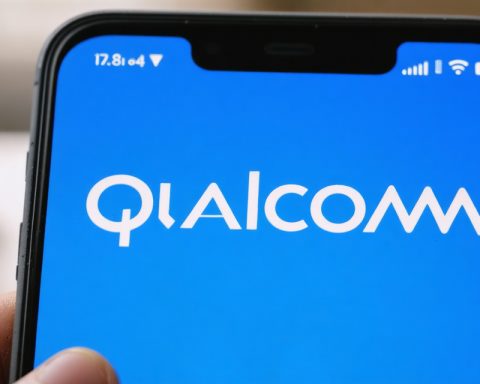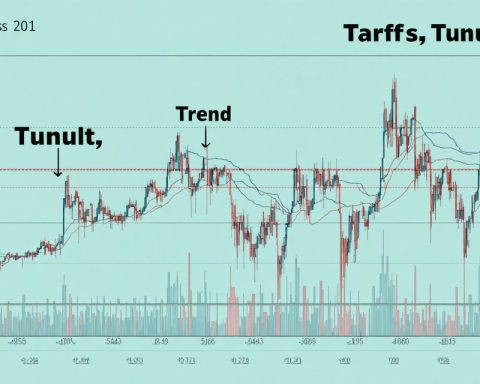In recent years, Ghana has emerged as a hub for technological innovation in West Africa, with smartphones playing a pivotal role in this transformation. As the country embraces digital solutions, a boom in smartphone adoption is changing how Ghanaians interact, do business, and even access essential services.
Shaping Connectivity and Communication
Smartphones have significantly boosted connectivity in Ghana, with a rapidly increasing number of citizens using them for communication and social networking. This increase in mobile connectivity is enhancing social interactions and enabling businesses to reach broader audiences, vital for entrepreneurial growth in a burgeoning digital economy.
Innovation through Mobile Apps
Beyond connectivity, mobile applications are paving the way for innovation in various sectors. The government, in partnership with tech innovators, is leveraging smartphone technology to improve healthcare, education, and financial services. For instance, mobile banking and fintech apps are transforming financial inclusivity, allowing for safer, faster, and more efficient transactions across the nation.
A Peek into the Future
Looking ahead, the Ghanaian government has set ambitious goals to become a leader in tech development in Africa. With plans to integrate artificial intelligence and blockchain technology into everyday services, smartphones will remain central to this digital future. The focus will be on fostering sustainable tech ecosystems that empower citizens.
In essence, as Ghana strides forward in its digital journey, smartphones are not just devices of convenience; they are cornerstones of a rapidly evolving socio-economic landscape. This tech-savvy nation is showcasing how mobile technology can redefine a country’s trajectory.
Are Smartphones the Key to Ghana’s Sustainable Growth or a Digital Divide?
As Ghana’s digital revolution gains momentum, the increasing reliance on smartphones brings both opportunities and challenges that could reshape the nation’s future. While smartphones are central to technological advancements in healthcare, education, and finance, questions arise about whether their proliferating use truly benefits all Ghanaians or risks deepening socio-economic divides.
Opportunities and Concerns
The widespread adoption of smartphones has undoubtedly facilitated greater accessibility to crucial services. However, concerns about a growing digital divide loom large. While urban centres in Ghana enjoy robust mobile infrastructure, rural areas often lag in connectivity, potentially leaving a segment of the population out of the digital transformation. This disparity raises questions: Will the benefits of digital growth be uniformly distributed across the country? Can rural communities keep pace with rapid technological advancements?
Furthermore, the environmental impact of a tech-driven society cannot be ignored. With the surge in smartphone usage comes the challenge of electronic waste management. Does Ghana have the necessary framework in place to handle this impending issue?
Weighing the Pros and Cons
The advantages of smartphone-led growth in Ghana are clear: economic stimulation, enhanced access to essential services, and the fostering of a tech-savvy generation. However, the potential drawbacks include digital inequality and environmental concerns.
Navigating these challenges requires inclusive policies that ensure equitable access to digital resources and sustainable practices.
For more insights into digital transformation in Africa, visit Africanews and ICTworks.



















